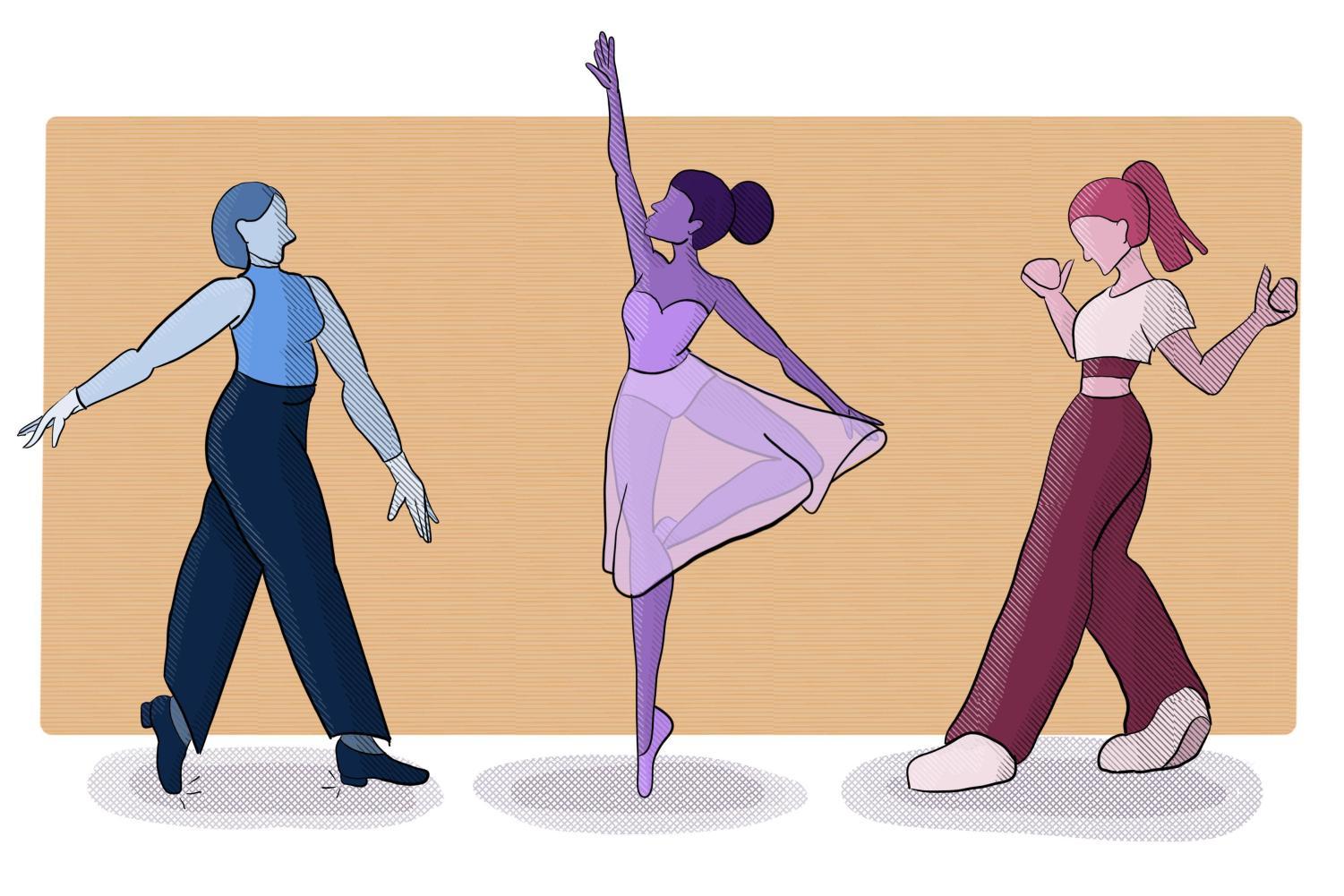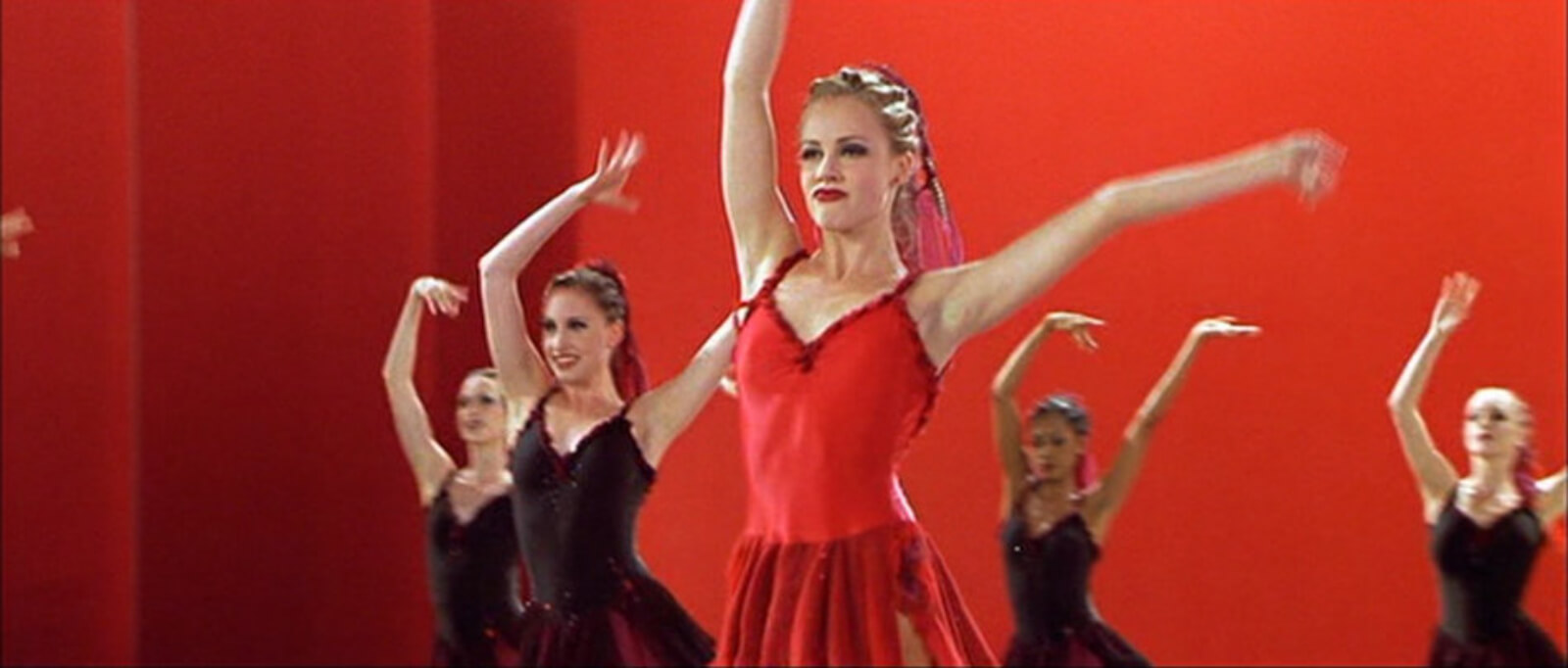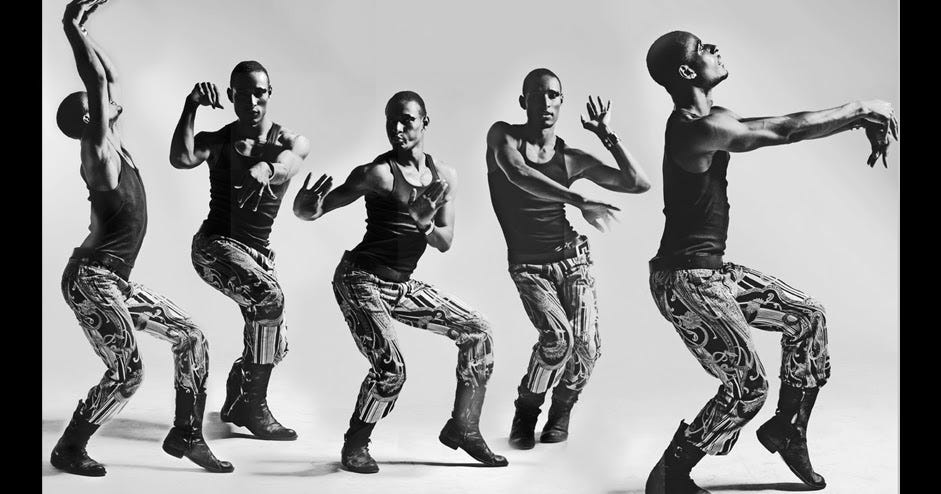Dance is a form of human expression that transcends cultures, languages, and time. It involves movement of the body to music or rhythm, often conveying emotions, stories, or cultural traditions. Dance has been a fundamental part of human societies for millennia, serving as a form of entertainment, ritual, and social interaction.
Types of Dance
There are countless types of dance, each with its own unique style, techniques, and cultural context. Here are a few examples:
- Ballet: A classical form of dance characterized by grace, precision, and the use of pointe shoes.
- Hip-hop: A street dance style that originated in New York City, often incorporating elements of breaking, popping, and locking.
- Salsa: A Latin dance style that originated in Cuba and Puerto Rico, known for its energetic rhythms and complex patterns.
- Jazz dance: A fusion of ballet, tap, and modern dance, often incorporating elements of improvisation and expressiveness.
- Modern dance: A contemporary dance style that emphasizes emotion, expression, and abstract movement.
- Folk dance: Traditional dances that are specific to a particular culture or region.
Benefits of Dance
Dance offers numerous physical, mental, and social benefits, including:
- Physical fitness: Dancing is a great way to get exercise and improve cardiovascular health.
- Stress reduction: Dance can help to reduce stress and anxiety.
- Improved coordination: Dancing can enhance coordination, balance, and flexibility.
- Social connection: Dance can be a great way to meet new people and make friends.
- Self-expression: Dance allows individuals to express themselves creatively and emotionally.
Dance in Popular Culture
Dance has played a significant role in popular culture, influencing music, fashion, and social trends. From the ballroom dances of the 1920s to the hip-hop culture of today, dance has continued to evolve and adapt to new styles and trends.
Would you like to learn more about a specific type of dance or a famous dancer?
| dance |



